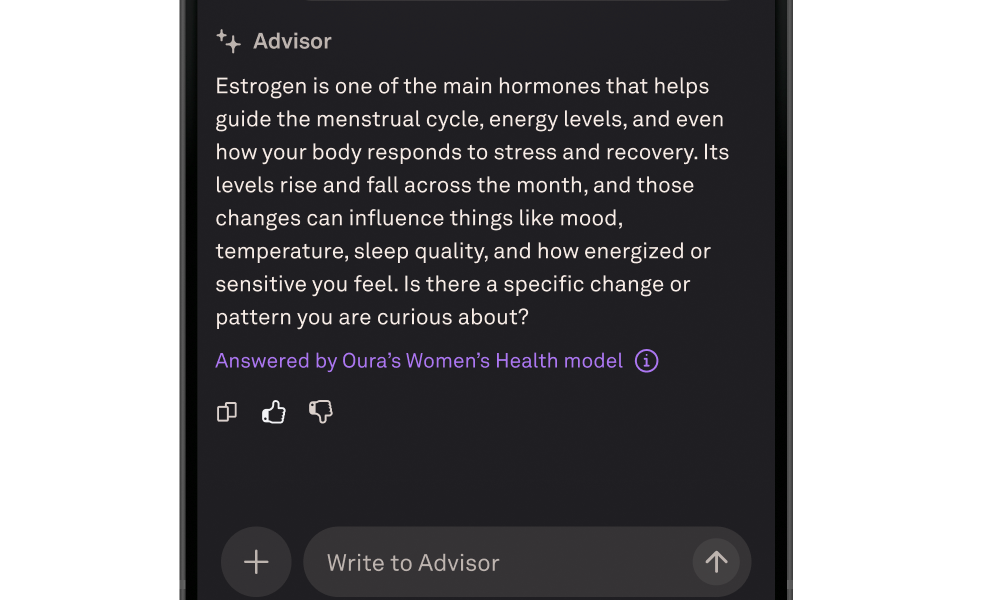Claude 3, Anthropic's most recent family of models, recently got a significant boost in its capabilities with the general availability of the tool use feature. Tool use (or function calling) enables Claude to interact with external tools, APIs, and databases, expanding its capabilities to perform dynamic tasks involving, for instance, data manipulation or advanced calculations. Tool use also lets Claude provide more accurate and personalized responses for some use cases, including educational tutoring, and healthcare and legal applications.
Some capabilities that tool use can grant Claude include extracting structured data from unstructured sources like invoices, converting natural language into API calls, searching databases to answer questions, automating software actions via APIs, and even orchestrating multiple sub-agents for granular tasks. These open up many possibilities for increasingly specific use cases, such as reducing manual data entry, self-serving customer requests, or automating file management.
Anthropic has also introduced additional features that empower developers to improve the end-user experience further. These include streaming for real-time responsiveness, forced tool use for specifying which tools Claude uses, and image support. Following the beta stage where developers used Opus, Anthropic's most powerful model, to build performant user-facing assistants, Anthropic has introduced the <thinking> tags in Opus' outputs to help clarify the model's reasoning process and simplify the debugging process for developers. Lastly, parallel function calling is unsupported at this time.
Companies like StudyFetch, Intuned, and Hebbia are already innovatively leveraging Claude's tool use capabilities —powering personalized AI tutors, streamlining data extraction, and automating complex workflows. With tool use, Claude is becoming an even more versatile and dynamic AI assistant, empowering developers to build smarter, more capable applications. Those interested can start building with Claude and tool use on the Anthropic Messages API, Amazon Bedrock, and Google Cloud's Vertex AI. Additionally, Anthropic has prepared extensive documentation, including a Cookbook on tool use and a tutorial.







Comments